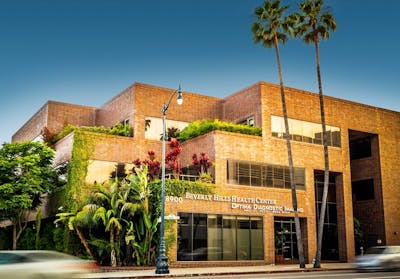Schedule a Consultation
Your health is important, and we welcome the opportunity to help you heal.
To schedule an appointment, please call Beverly Hills Cancer Center in Beverly Hills, California at (877) 320-5131 or Click the link below to access our Online Appointment Request
Book An Appointment

